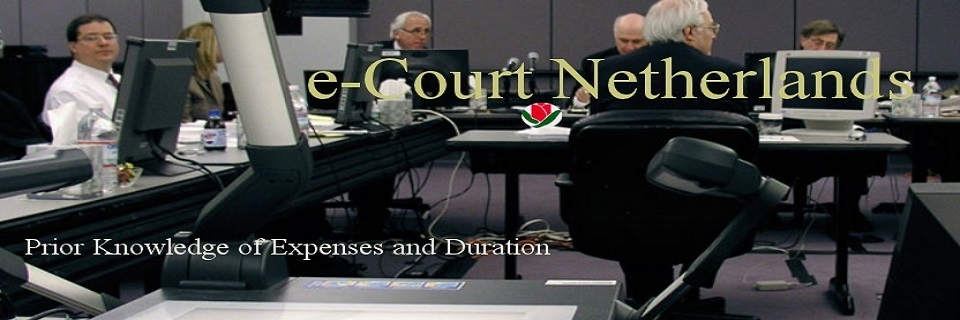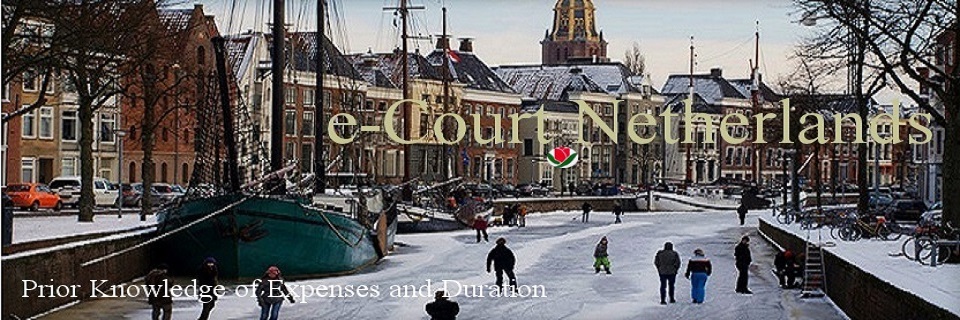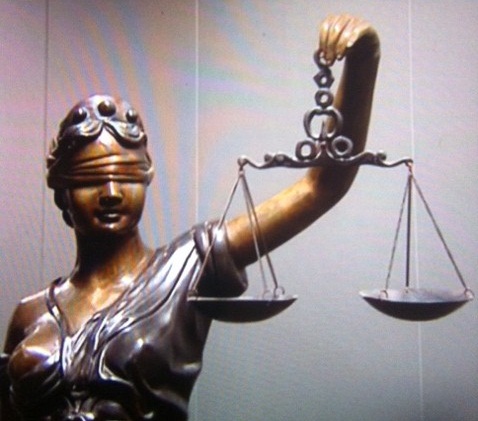The essence of e-Court lies in the fact you will not be confronted with any surprises. Hence we will give you all relevant information upfront. Please click on the links on your left and read the details described.
In contrast to the relative low total e-Court costs, expenditures resulting from litigation in a traditional court can reach exorbitant high levels and may leave the plaintiff still out of pocket even though the case is decided in the plaintiff's favour. It is a tough business and financial decision committing to litigation in traditional courts, even when based on legal advice from several experienced professionals. Their advice may not always be consistent and will rarely allow a sober reality check as to the potential range of costs, and risks. To illustrate the potentially high litigation costs in a traditional court view LEGAL FEES, EXPENSES, etc

















